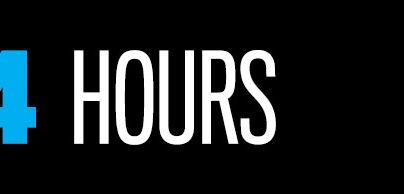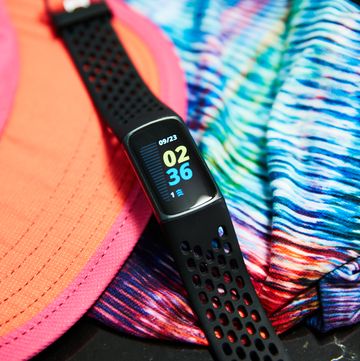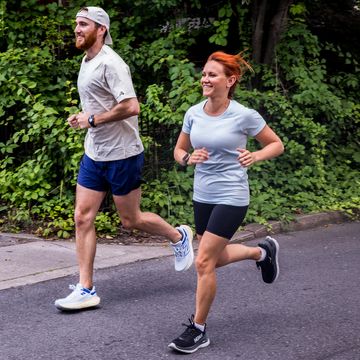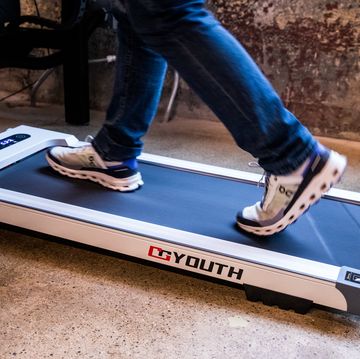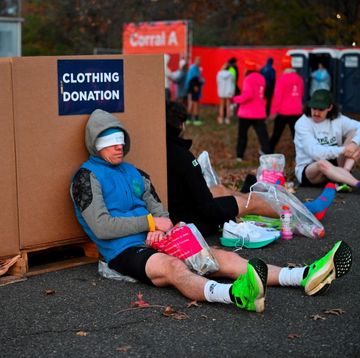How to Recover From a Race
You need a plan for after you cross the finish line too.

For many runners with big fall races on their calendars, the past few months have been scripted with detailed training plans dictating when to run, when to rest, how to stretch, what to eat, and everything in between. The minutes, hours, and days after the event are a lot less defined. Yet this often overlooked transition period is critical, especially if you raced 13.1 or 26.2 miles. “What you do to recover after a race plays a big role in how you will perform at the next one,” says Corey Hart, a physiologist and doctoral candidate at the University of Utah’s Vascular Research Lab. Here’s what is happening inside your body and mind following a race, and the steps you can take to bounce back strong.

Watch Next


Realizing I Was a Runner, Despite My Hemophilia

Why Do I Taste Blood When I Run?

How to Manage Exercising With Allergies
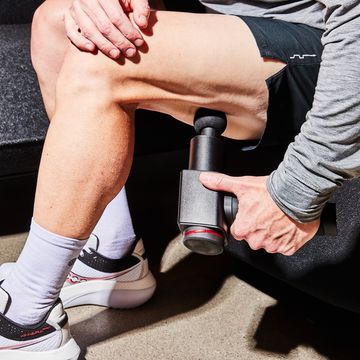
Are Massage Guns Worth It?
